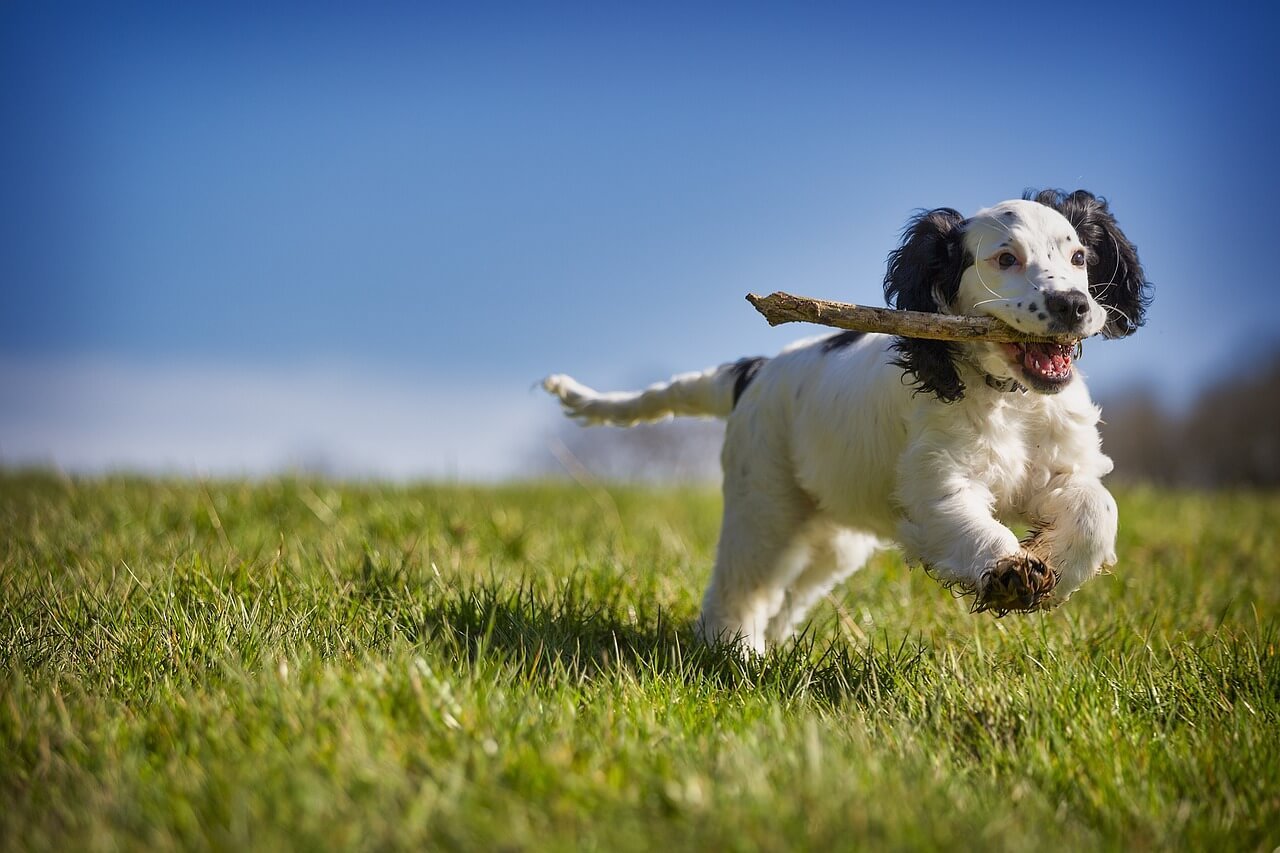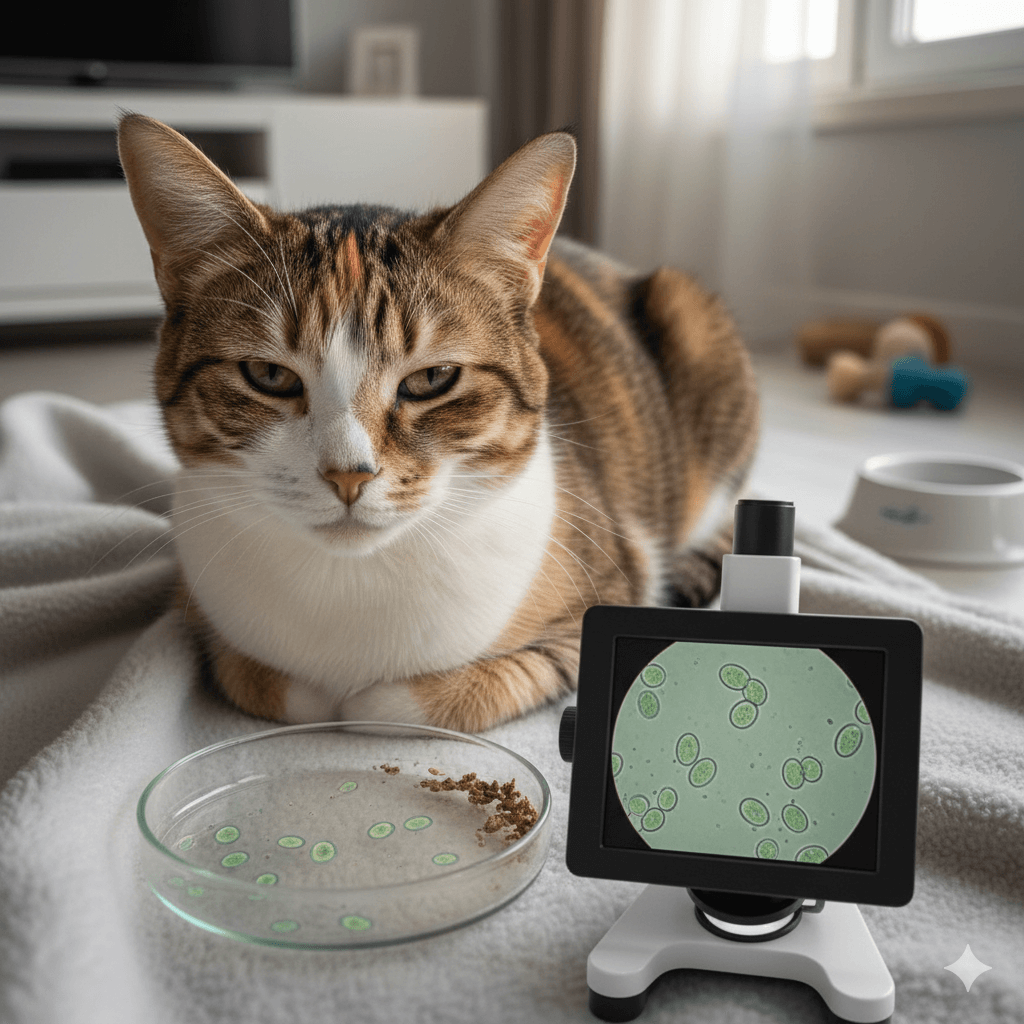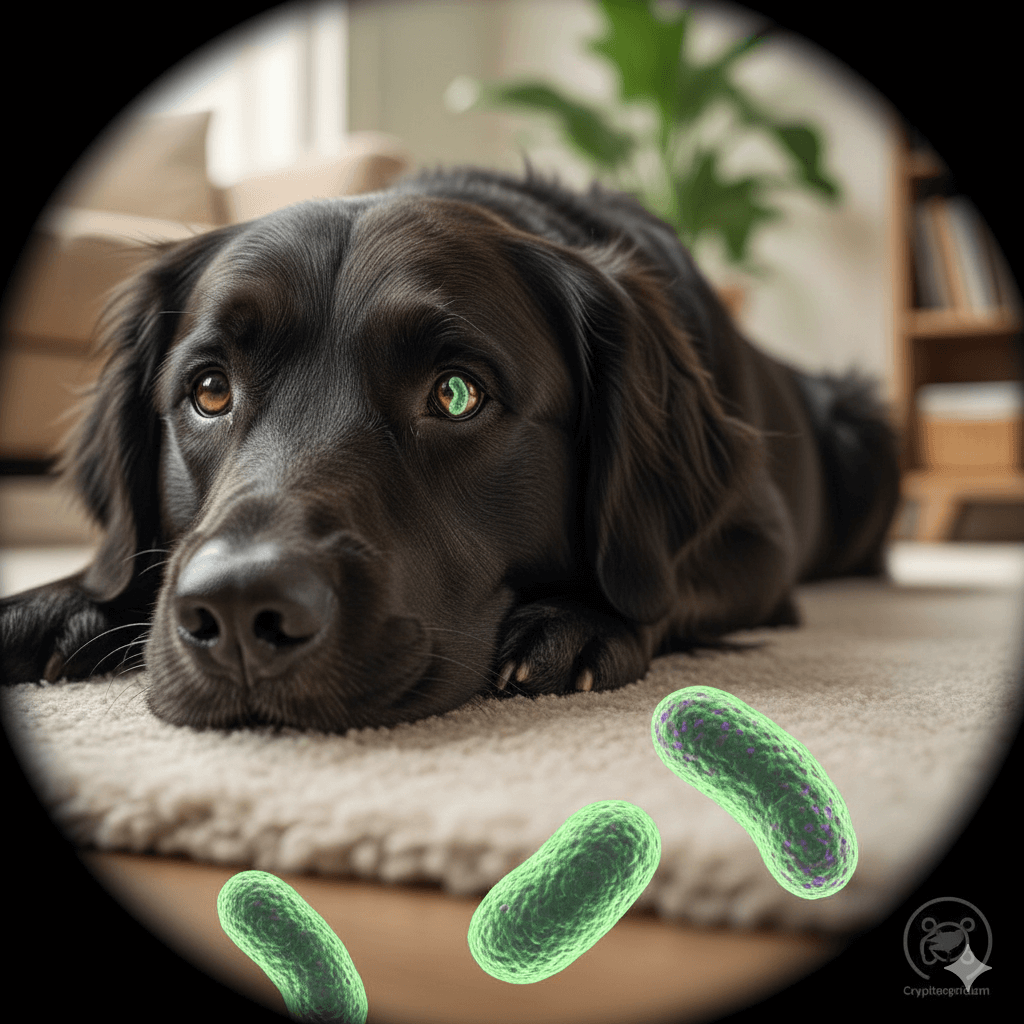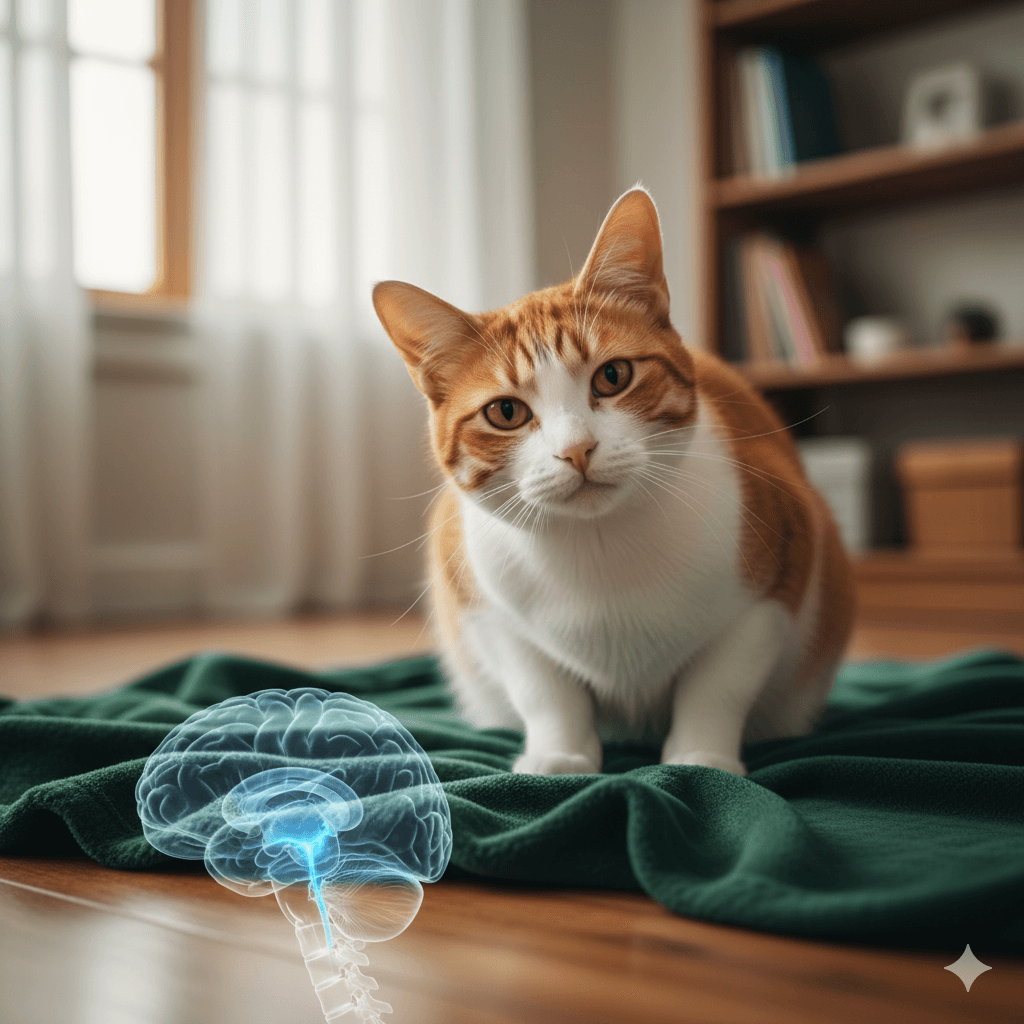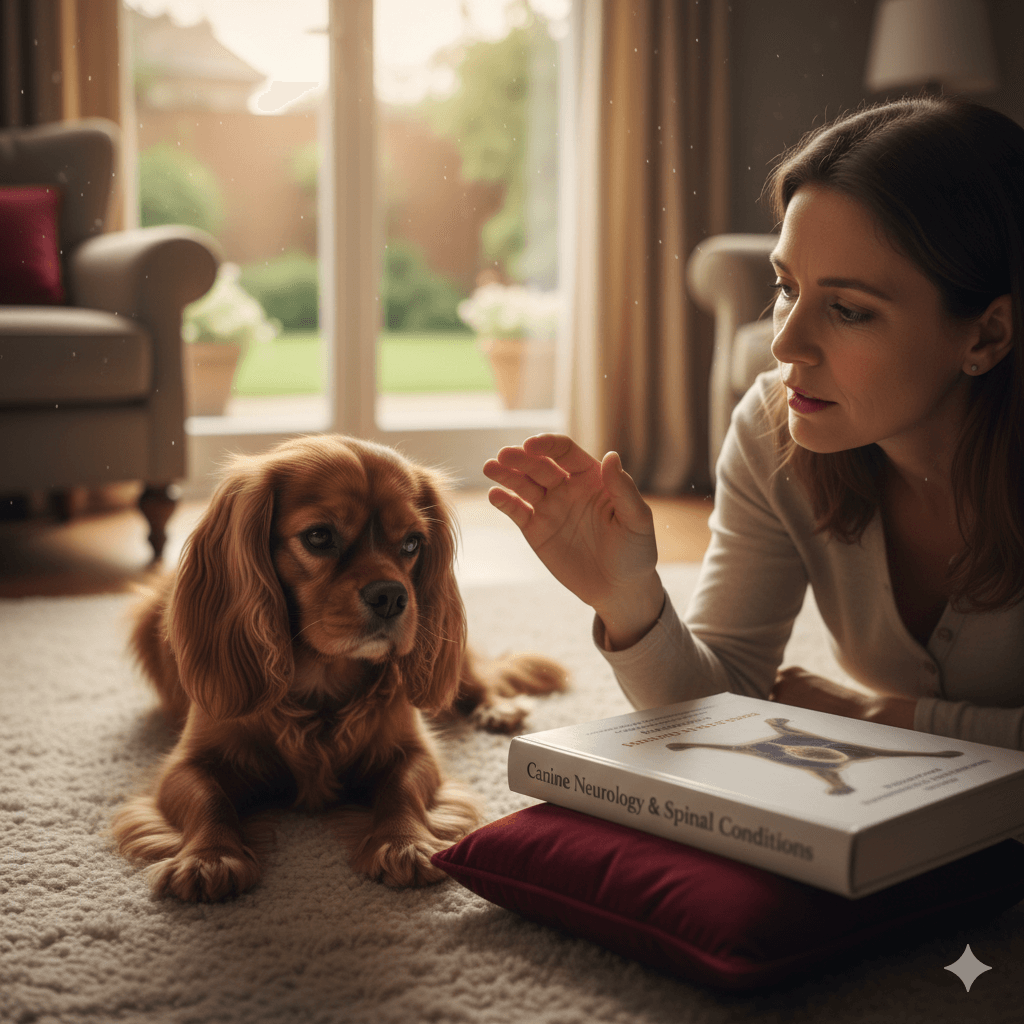Why Did My Dog Eat Deer Poop? Understanding the Behavior
If you’ve ever caught your furry friend munching on deer poop, you’re not alone. This peculiar behavior leaves many dog owners scratching their heads, wondering why their beloved pet would indulge in such an unsavory snack. While it might seem gross to us, this habit is more common than you think and often stems from natural instincts or nutritional needs. In this blog post, we’ll explore why dogs engage in this behavior, what you can do about it, and how to keep your pup safe and healthy.
Why Do Dogs Eat Deer Poop? Unpacking the Reasons
Dogs eating deer poop may seem strange, but there are several reasons behind this behavior. Below are some of the most common explanations:
Natural Instincts :
Wild ancestors of domesticated dogs often scavenged for food, including feces, as a survival mechanism.Nutritional Deficiencies :
A lack of essential nutrients in their diet could drive dogs to seek out unusual sources of sustenance.Boredom or Curiosity :
Dogs are naturally curious creatures, and exploring new smells or textures can sometimes lead them to ingest things they shouldn’t.Attention-Seeking Behavior :
If a dog notices that eating poop gets a reaction from their owner, they may repeat the behavior to gain attention.Stress or Anxiety :
Some dogs turn to unusual behaviors like coprophagia (eating feces) as a way to cope with stress or anxiety.
Understanding these reasons can help you address the root cause of the issue. Whether it’s adjusting their diet or providing more mental stimulation, identifying the trigger is key to stopping this behavior.
How to Prevent Your Dog from Eating Deer Poop
Preventing your dog from indulging in this habit requires a combination of training, supervision, and environmental management. Here’s what you can do:
Supervise Outdoor Time :
Keep a close eye on your dog during walks or playtime in areas where deer frequent.Use a Leash :
Keeping your dog on a leash gives you better control over their movements and prevents them from reaching deer droppings.Train with Commands :
Teach commands like “leave it” or “drop it” to redirect your dog’s attention when they show interest in feces.Provide Mental Stimulation :
Engage your dog with toys, puzzles, or interactive games to reduce boredom and curb curiosity-driven behaviors.Clean Up Your Yard :
Regularly inspect and clean your yard to remove any deer poop before your dog has a chance to find it.
By implementing these strategies, you can minimize the chances of your dog encountering deer poop and discourage them from eating it.
Check this guide 👉Why Does My Dog Lick My Hands When I Pet Her? Best 7 Tips!
Check this guide 👉Why Does My Dog Whine at Night? Best 7 Behavior Tips!
Check this guide 👉Why Is My Dog Biting at Their Butt? Best 7 Behavior Tips!
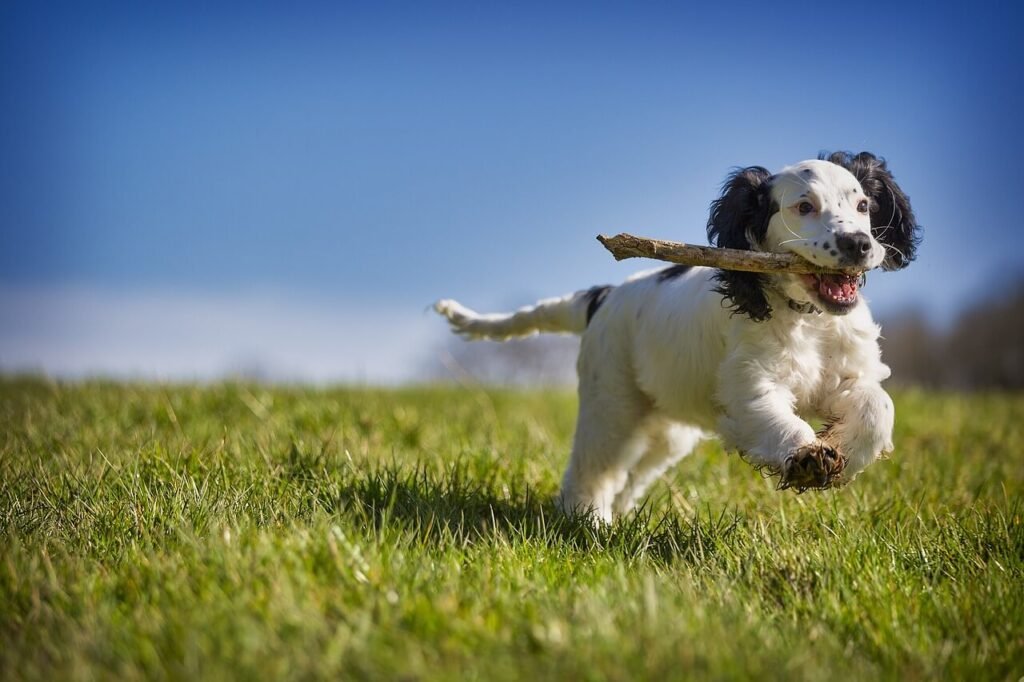
Preventive Measures | Benefits |
|---|---|
Supervise outdoor activities | Reduces opportunities for unwanted behavior |
Use a leash | Provides better control over your dog’s actions |
Train with specific commands | Helps redirect focus effectively |
Offer mental stimulation | Keeps your dog engaged and less bored |
Maintain a clean environment | Eliminates access to deer poop |
Health Risks Associated with Eating Deer Poop
While occasional ingestion might not harm your dog, regularly consuming deer poop poses certain health risks. Consider the following points:
Parasites :
Deer feces can contain parasites like roundworms or giardia, which can infect your dog.Bacterial Infections :
Harmful bacteria such as E. coli or salmonella may be present in deer droppings.Toxins :
Deer that have ingested pesticides or other chemicals pass traces through their waste, potentially harming your dog.Digestive Issues :
Consuming non-food items can upset your dog’s stomach, leading to vomiting or diarrhea.Behavioral Reinforcement :
Allowing the behavior to continue without intervention may encourage long-term habits.
Addressing this issue promptly is crucial to protecting your dog’s health. Consult your veterinarian if you suspect exposure to harmful substances.
What Should You Do If Your Dog Eats Deer Poop?
If you catch your dog in the act or discover evidence afterward, here’s how you should respond:
Stay Calm :
Reacting negatively can confuse your dog and exacerbate stress-related behaviors.Check Their Mouth :
Ensure no pieces remain stuck in their teeth or gums.Offer Water :
Encourage your dog to drink water to help flush out potential contaminants.Monitor for Symptoms :
Watch for signs of illness, such as lethargy, vomiting, or diarrhea, and contact your vet if necessary.Consult Your Veterinarian :
If the behavior persists or you’re concerned about possible infections, seek professional advice.
Taking swift action ensures your dog stays healthy while addressing underlying issues.
Understanding Your Dog’s Dietary Needs
A dog’s diet plays a significant role in their overall behavior and health. If your dog is eating deer poop, it could be a sign that their nutritional needs aren’t fully met. Here are some dietary considerations to keep in mind:
Balanced Nutrition :
Ensure your dog’s food contains the right balance of proteins, fats, carbohydrates, vitamins, and minerals.High-Quality Ingredients :
Opt for premium dog food brands that use natural, whole-food ingredients instead of fillers.Supplements :
Consult your vet about adding supplements like probiotics or omega-3 fatty acids to support digestive health.Avoid Overfeeding or Underfeeding :
Follow portion guidelines based on your dog’s age, size, and activity level to prevent nutritional imbalances.Hydration :
Always provide fresh, clean water to aid digestion and overall well-being.
By prioritizing a nutritious diet, you can reduce the likelihood of your dog seeking out unusual food sources like deer poop.
Environmental Factors That Influence Behavior
Your dog’s surroundings can significantly impact their actions, including their tendency to eat deer poop. Here are some environmental factors to consider:
Access to Deer Droppings :
Dogs living near wooded areas or parks frequented by deer are more likely to encounter feces.Lack of Stimulation :
Dogs left alone for long periods may develop undesirable habits due to boredom.Seasonal Changes :
Deer are more active during certain seasons, increasing the chances of finding their droppings outdoors.Yard Maintenance :
An unkempt yard can harbor not only deer poop but also other harmful items your dog might ingest.Socialization Opportunities :
Dogs that lack interaction with other animals or humans may turn to odd behaviors as a form of entertainment.
Addressing these environmental factors can help create a safer and more engaging space for your dog.
Building a Stronger Bond Through Training
Training isn’t just about obedience—it’s also an opportunity to strengthen the bond between you and your dog. Teaching them to avoid eating deer poop requires patience and consistency. Consider these training tips:
Positive Reinforcement :
Reward your dog with treats, praise, or toys when they follow commands like “leave it.”Short Training Sessions :
Keep sessions brief (5–10 minutes) to maintain your dog’s focus and enthusiasm.Consistency is Key :
Use the same commands and rewards every time to reinforce learning effectively.Practice in Different Environments :
Gradually introduce distractions, such as parks or trails, to test your dog’s response in real-world scenarios.Stay Patient :
Remember that behavioral changes take time, so celebrate small victories along the way.
With dedication and love, training can transform this challenging behavior into an opportunity for growth and connection.
Frequently Asked Questions About Dogs Eating Deer Poop
Is it normal for dogs to eat deer poop?
Yes, it’s relatively common and often linked to natural instincts or nutritional gaps.
Can eating deer poop make my dog sick?
It depends on the contents of the feces, but parasites, bacteria, or toxins could pose health risks.
How can I stop my dog from eating deer poop?
Supervision, training, and environmental management are effective methods to prevent the behavior.
Should I punish my dog for eating deer poop?
No, punishment can increase anxiety and worsen the problem. Positive reinforcement works better.
When should I see a vet?
Contact your vet if your dog shows symptoms of illness or if the behavior becomes persistent despite interventions.
Final Thoughts: Addressing the Issue Compassionately
Dealing with a dog that eats deer poop can be frustrating, but understanding the reasons behind the behavior makes it easier to manage. By combining preventive measures, proper training, and veterinary guidance, you can ensure your furry companion remains happy and healthy. Remember, patience and consistency are key—your dog relies on you to guide them toward better habits. With time and effort, this unpleasant phase will become a thing of the past, leaving you both free to enjoy many joyful moments together.
Understanding Cryptosporidium in Cats: Best 7 Expert Tips! – Spot symptoms, treat safely, and stop parasite spread in your home.
Understanding Cryptosporidium in Dogs: Best 7 Expert Tips! – Learn symptoms, treatment & prevention for this stubborn gut parasite.
Understanding Syringomyelia in Cats: Best 7 Expert Tips! – Recognize signs, manage pain, and support your cat’s neurological health with vet-backed guidance.
Understanding Syringomyelia in Dogs: Best 7 Expert Tips! – Expert insights on symptoms, MRI diagnosis, pain management & quality of life.

